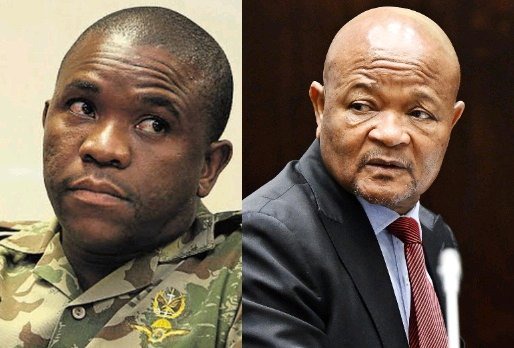Suspended Police Minister Senzo Mchunu has filed court papers accusing KwaZulu-Natal Police Commissioner Lieutenant General Nhlanhla Mkhwanazi of violating internal protocols by taking corruption allegations public without first raising them through official channels.
In documents before the Constitutional Court, Mchunu claims Mkhwanazi failed to follow proper procedure by not engaging him directly before making explosive claims about police leadership to the media. “He had every opportunity to approach me first,” Mchunu stated, framing the dispute as a constitutional matter of due process rather than a political squabble.
The legal challenge escalates an already volatile situation within SAPS leadership, pitting transparency against protocol. Mchunu argues that Mkhwanazi’s public revelations undermined police credibility, while the commissioner’s supporters maintain sunlight was necessary to expose alleged corruption.
The case highlights South Africa’s ongoing struggle to balance accountability with proper procedure in its security services. Constitutional Court judges must now determine whether Mkhwanazi’s bypassing of internal mechanisms was justified or whether it set a dangerous precedent for handling sensitive allegations.
Legal analysts suggest the outcome could redefine whistleblowing protocols for senior officials, with implications for how future police misconduct claims are investigated. The decision may also influence public trust in law enforcement at a time when SAPS faces multiple credibility challenges.
As the Constitutional Court considers the matter, the dispute continues to expose deep divisions within police leadership, with both sides claiming to defend the integrity of South Africa’s criminal justice system through opposing approaches to accountability.






















